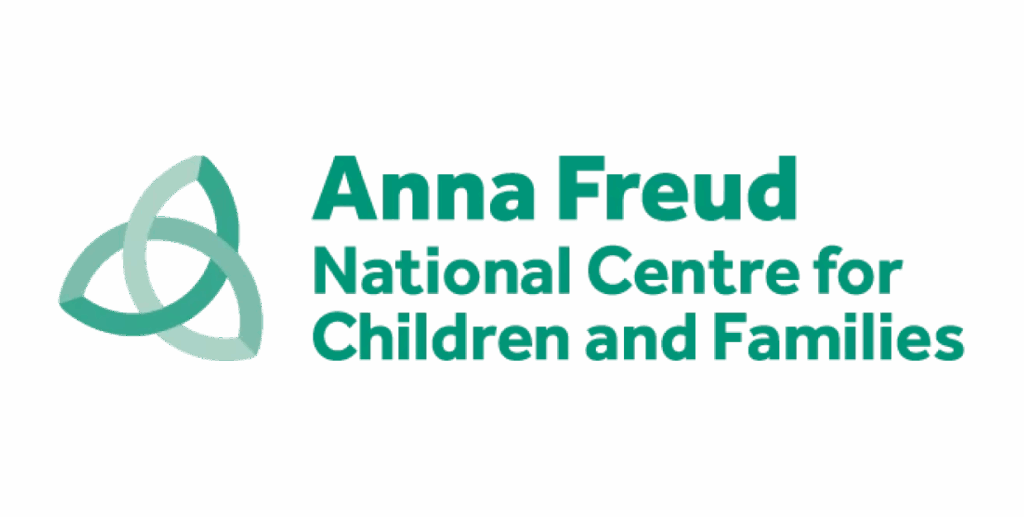Physical & Mental Health and Development
By definition, safeguarding and promoting the welfare of children includes preventing the impairment of children’s health or development.
Health refers to both the physical and mental health of children. Development refers to children’s physical, intellectual, emotional, social or behavioural development.
To safeguard and promote the welfare of children, we need to take both preventative and protective action against any impairment to a child’s health and development and ensure that children’s health and development needs are considered in offers of help and support.
This section addresses some of the things we need to consider, and some of the local support pathways available.
Physical health
What is physical health?
Physical health refers to the wellbeing of the body and its ability to function properly. Physical health can be impaired by illness or injury, but also as a result of abuse and neglect.
What might impair physical health?
Children might sustain non-accidental injury as a result of physical or sexual abuse. Children who are sexually abused might also suffer from sexually transmitted infections.
Children can also experience physical impairments through neglect in a number of ways. For example:
- Accidental injury if they have not been adequately supervised
- Preventable illness if they have not been brought to medical appointments
- Health issues related to nutrition and sleep routines.
Children may also rely on unhealthy coping mechanisms, such as substance use and unsafe sex, when they have experienced trauma and distress in their lives (including experiences of abuse and neglect).
Abuse and neglect can also disrupt brain development and cause long-term physical health issues.
The importance of being registered with a GP
All babies and children benefit from being registered with a GP to ensure they don’t miss out on vital health services. In addition, GP Practices play an important role in safeguarding children and young people from abuse and neglect. As a universal service, GPs have the opportunity for conversations and observations that can help identify safeguarding risk, as well as receiving disclosures of abuse or neglect.
National reviews have repeatedly highlighted the importance of GPs in safeguarding children. In 2020, a Lambeth Rapid Review emphasised how relevant this learning still is. GPs are a universal service which help all partners ensure that no child remains hidden.
Everyone working with children and young people should be confident in supporting parents and carers to register their child with a local GP Practice. And it couldn’t be easier. Watch this short, two minute video to find out how.
Mental health and emotional wellbeing
What is mental health and emotional wellbeing?
The UK’s leading mental health charity, Mind, defines mental health as “an individual’s cognitive, behavioural and emotional wellbeing”. Everyone has mental health, and the level of ‘healthiness’ exists on a continuum.
Childline Counsellors use a continuum of doing okay, struggling, unwell or in crisis:
- Doing okay > able to communicate with others and seek help when needed, and uses healthy coping strategies during difficult times
- Struggling > finds it difficult to communicate with others and is unsure how to access help, and starting to use some unhealthy coping strategies
- Unwell > feeling overwhelmed, isolated and struggles to access help and support, and may be reliant on unhealthy coping strategies
- In crisis > is distrustful of offers of help and support and levels of distress may not reduce when talking, may find their symptoms unmanageable
How would I know whether a child is doing okay, struggling, unwell or in crisis?
When trying to ascertain whether a child is doing okay, unwell, struggling or in crisis, it is helpful to consider 4 things:
- What are the symptoms (i.e. the changes in thoughts, emotions and behaviours) that indicate mental health is an area of need?
- What is the functional impact (i.e. to what extent do these symptoms interfere with key areas of life like education, social interactions and self-care)?
- What is the risk (i.e. the likelihood or possiblity of harm occurring) to either the child or other children around them?
- Is there any complexity (i.e. are there family or environmental factors that are believed to be causing the symptoms)?
What might impair mental health?
Mental health can suffer for lots of reasons. It might be in response to a significant life event, like a bereavement or parental separation. It might be due to a lack of safe and loving relationships, or feeling isolated. It might be caused by being bullied, peer pressure, struggling at school or lack of positive activities. Mental health might also suffer due to abuse and neglect.
How can I support children with mental health and emotional wellbeing needs?
Children who are unwell or in crisis will generally need specialist mental health intervention from the Child & Adolescent Mental Health Service (CAMHS), whereas children who are struggling may benefit more from emotional wellbeing support. Lambeth CAMHS have a duty line which you can call if unsure who is best placed to to support a child: 0203 228 7370.
Children may need other forms of support if their symptoms are linked to things like their family, their community or their school: for example, a referral to Early Help or Children’s Social Care. Read more about the thresholds for referring to these services here.
You will find a link below to an e-booklet which lists the services in Lambeth who can support with children’s mental health and emotional wellbeing, as well as some other support and resources.

Support services for children and young people in Lambeth
This e-booklet provides a list of Lambeth services who can support children and young peoples’ mental health and emotional wellbeing.

Kooth
This free-to-download app is designed to support children and young people age 11-25. It offers free, safe and anonymous access to mental health services including 1:1 counselling and self-help resources.

Lambeth CAMHS
Learn more about the Lambeth CAMHS teams and services and how to access these.

Free Psychological First Aid Training

Free Framework for Schools & Colleges

Writing a Mental Health Policy
Being trauma-informed
We need to ensure that children, young people, families, professionals, and volunteers are supported in their emotional well-being and mental health. One of the ways we can do this is by developing new, and building on existing, relationships. To highlight the importance of every interaction, Dr Karen Treisman explains the importance in recognising how every small moment can help – or hinder.
Child development
What does child development mean?
Child development refers to the physical, intellectual, emotional, social and behavioural changes that happen from being born to becoming an adult.
For example:
- Physically, we grow in height, weight and motor skills.
- Intellectually, we learn how to think and solve problems.
- Emotionally, we start to understand and express feelings.
- Socially, we learn how to interact with others and build friendships.
- Behaviourally, we learn how to follow rules and routines.
What might impair child development?
Child development can be impaired by biological, or organic, factors. For example, genetic conditions or prenatal influences like using substances during pregnancy.
It can also be impaired by abuse and neglect, which can affect brain development and produce chronic stress. Malnutrition and lack of stimulation can also hinder development.
How can I get help if I am worried?
Speak to a health professional. This might include the family GP, a health visitor or a school nurse. They can explore whether a referral to community paediatrics services would be of benefit.
